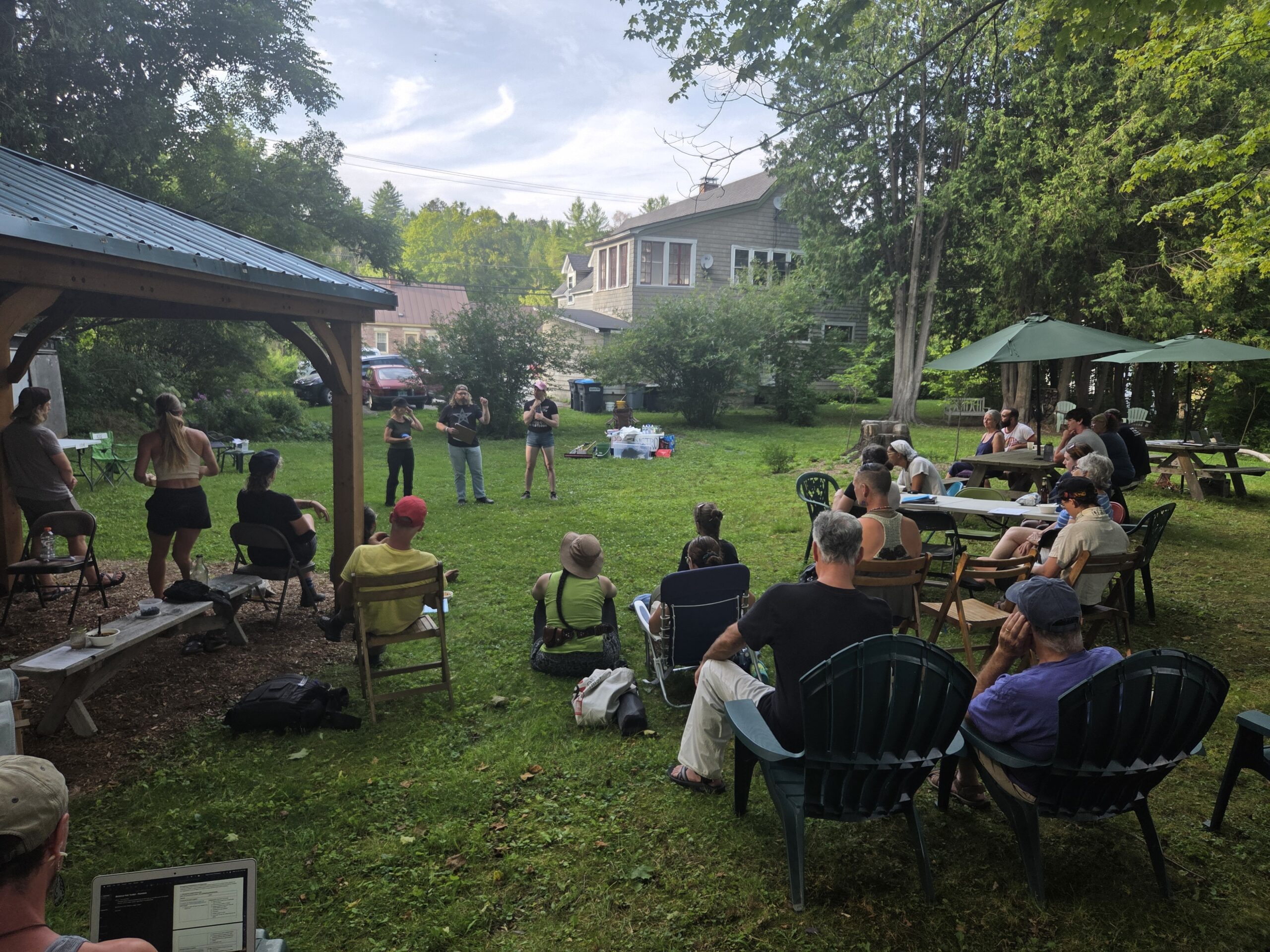The Resilience Hub Toolkit is a step-by-step plan for communities to build people-centered resilience in Vermont amid chronic and acute disaster. The toolkit includes practical skills, training materials, supply lists, and prompts for assessing community vulnerabilities and assets.
The Resilience Hub Toolkit is available both online and in hard copy to download, print, share, and shapeshift into what best suits your community’s unique needs.
Check out the online/offline Resilience Hub Toolkit at resiliencetoolkit.org.
Download the toolkit in its entirety at resiliencetoolkit.org/downloads.
This toolkit is a direct response to the devastating flooding in Vermont in 2023 and 2024, collaboratively crafted by first responders, community organizers, mutual aid hubs and impacted community members. Cohort members include folks from CROs, Northeast Kingdom Organizing (NEKO), Cooperation Vermont, Rural Vermont, and grassroots flood responders in Barre, Plainfield, Waterbury and more.
The toolkit is what we wished we had in the moment and are now excited to offer in preparation for the next (un)natural disaster, and for building resilience in the every day.
This project affirms the belief that our communities know best what we need, have many of the tools to create strategies for resilience amidst disaster and beyond, and despite the narratives of separation, thrive together.
Want support using the toolkit in your community? Write to us at [email protected].

